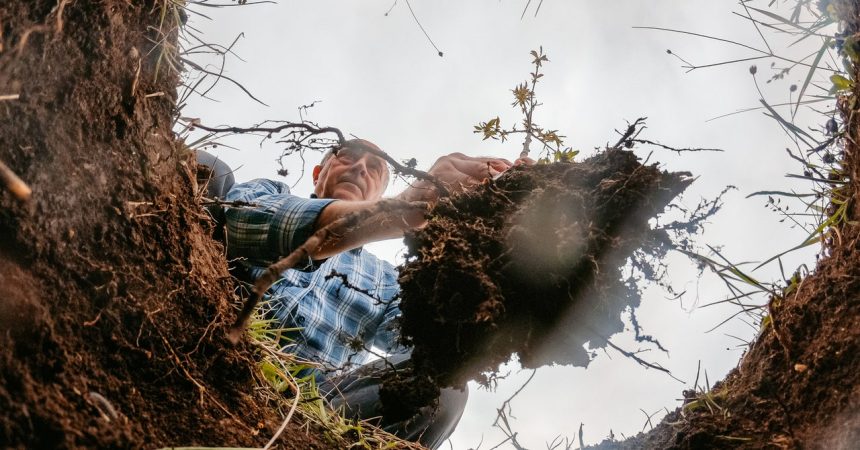The human gut microbiome, a complex community of microorganisms residing in our digestive tract, plays a crucial role in our overall health. Emerging research highlights the significant influence of the natural environmental microbiome, encompassing the microbes in our surroundings, on shaping our own gut microbiome and immune function. This underscores the importance of increased interaction with nature, both outdoors and indoors, for improved well-being. A groundbreaking Finnish study provided compelling evidence of this interconnectedness by examining the impact of different outdoor play environments on the gut microbiome of kindergarten children.
The Finnish study involved 79 children from urban daycare centers, divided into three groups based on the type of outdoor play area they used. The first group played in a standard urban environment of concrete, gravel, and plastic matting. The second group had access to a nature-oriented space with grass, soil, and planted areas, typical of many nature-focused daycare facilities. The third group, the experimental group, played in a yard where concrete and gravel were replaced with segments of forest floor and soil from a local coniferous forest. Over a 28-day period, the children’s skin and gut microbiota, along with immune markers in their blood, were analyzed before and after playing in their assigned outdoor areas.
The results revealed a striking difference between the groups. Children who played in the forest-floor enriched yard exhibited a significantly greater increase in the diversity of both skin and gut microbiota compared to the children in the other two groups. Critically, this increased diversity primarily favored beneficial microbes associated with positive health outcomes. Furthermore, the children in the experimental group showed a marked improvement in immune markers, suggesting enhanced immunoregulatory pathways and a reduced risk of immune-mediated diseases such as inflammatory bowel disease and rheumatoid arthritis.
This study’s implications are profound. Even short-term exposure to the diverse microbial communities found in natural environments, like forest floors, can dramatically alter the composition of our skin and gut microbiota, positively impacting immune function. This suggests that incorporating natural elements into our daily lives, particularly for children, could be a powerful strategy for promoting health and preventing disease. The study reinforces the concept that a healthy microbiome is not solely inherited but is also shaped by our environment and lifestyle.
The human gut microbiome is a dynamic ecosystem, constantly evolving under the influence of various factors. Ethnicity, diet, antibiotic use, body size, and exercise levels all contribute to the unique microbial signature of each individual. This diverse microbial community plays an essential role in nutrient acquisition, synthesizing essential amino acids and vitamins that our bodies cannot produce on their own. Beyond nutrient processing, gut microbes produce a range of vital compounds, including immunosuppressants, anti-cancer agents, and anti-inflammatory molecules.
The connection between gut microbiota and overall health is becoming increasingly clear. Research has identified distinct microbial signatures, often termed “sick” microbiomes, associated with various illnesses. These include intestinal disorders like irritable bowel syndrome, inflammatory bowel disease, celiac disease, and colorectal cancer, as well as systemic conditions like obesity and type 2 diabetes. This emphasizes the critical role of a balanced and diverse gut microbiome in maintaining health and preventing disease. The Finnish study provides compelling evidence that regular interaction with natural environments can significantly contribute to achieving this balance, offering a simple yet powerful approach to improving well-being.



